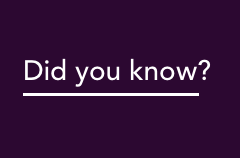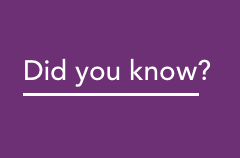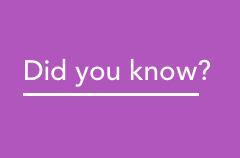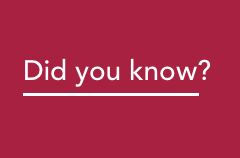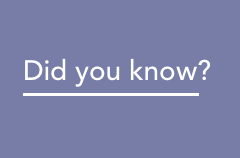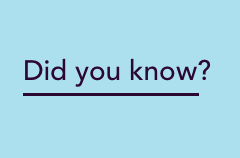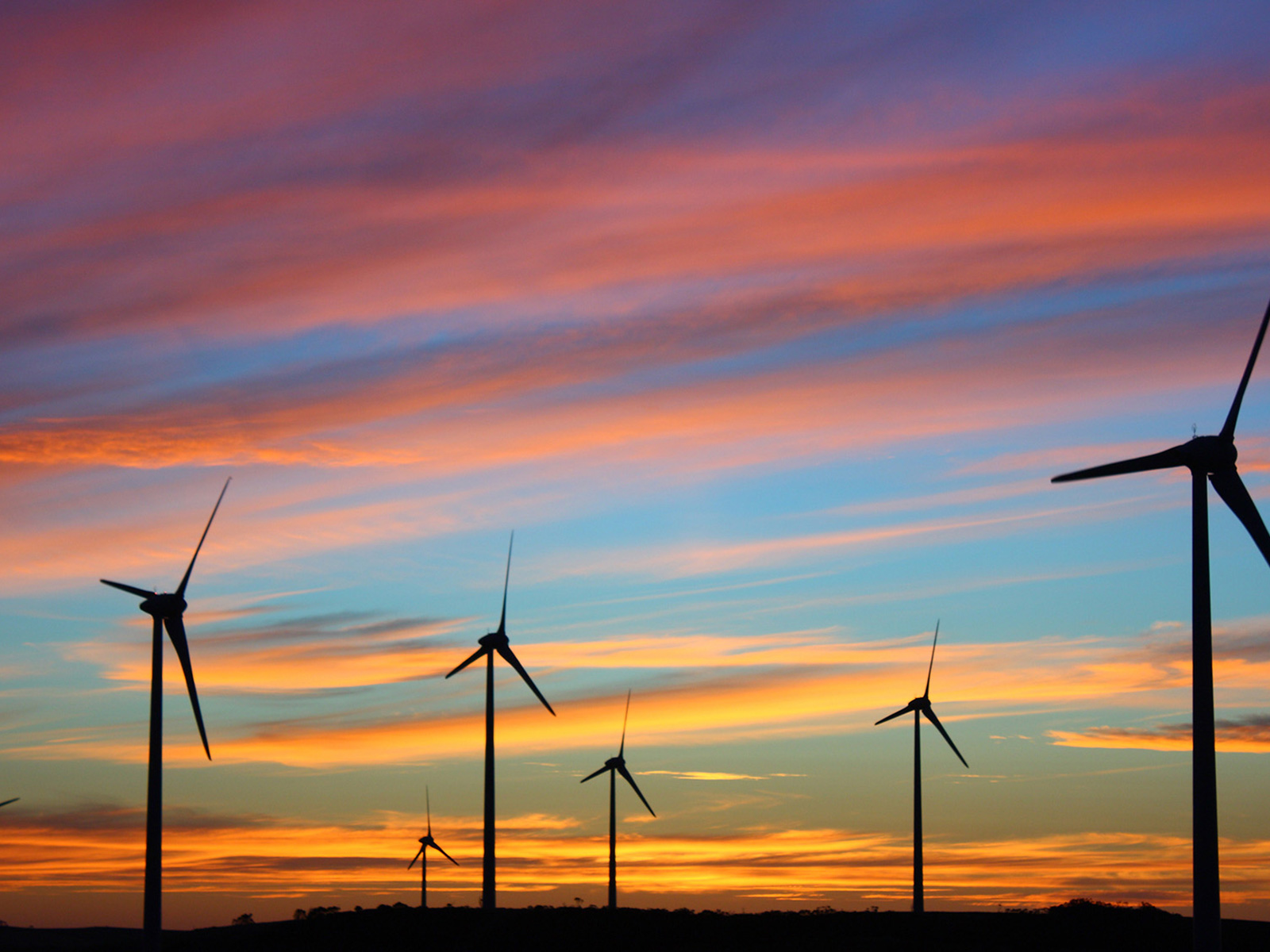AEMO and ARENA are looking to improve power system stability with a unique trial project.
In an Australian first, the Australian Energy Market Operator (AEMO), the Australian Renewable Energy Agency (ARENA) and South Australia’s Hornsdale Stage 2 Wind Farm (Hornsdale Stage 2) are collaborating to trial whether a wind farm can provide important power system stability services.
Hornsdale Stage 2 has been developed by French renewable energy company Neoen in conjunction with international infrastructure investor, John Laing.
Slated to begin in October 2017, the trial will test the ability of Hornsdale Stage 2 to provide Frequency Control Ancillary Services (FCAS) traded in the National Electricity Market (NEM) while remotely controlled by AEMO.
FCAS is used by AEMO to maintain the frequency on the electrical system, at any given point in time, close to fifty cycles per second as required by the NEM frequency standards. Put simply, FCAS provides a fast injection of energy, or fast reduction of energy, to manage supply and demand.
Traditionally provided by synchronous generators such as coal and gas plants, these services are purchased by AEMO to maintain frequency and ensure the stability and reliability of the grid.
“The evolving generation mix in the NEM is changing the way AEMO operates both the grid and market. This trial will enable us to test new and emerging technologies that could supply services the market will need in future,” said AEMO CEO Audrey Zibelman.
Hornsdale Stage 2 is committing $300,000 to the FCAS trial, matched by ARENA, bringing the total funding for the project to $600,000.
Neoen Australia’s Managing Director, Franck Woitiez said the partnership signals the shift towards a more sustainable Australia focused on exploring future energy supply services.
“South Australia in particular is leading the charge to secure a more sustainable energy future so we’re proud to be working with ARENA and AEMO on this trial at our Hornsdale Stage 2 Wind Farm. This project will show the potential of renewable resources like solar and wind power to provide Australia with controllable, clean energy that can keep pace with future demand,” said Mr Woitiez.
ARENA CEO Ivor Frischknecht said the FCAS trial would test the NEM’s ability to fully integrate renewables and further facilitate Australia’s transition towards renewable energy.
“This is an opportunity to enable wind and solar generators to fully participate in the NEM and add to system stability in addition to generation,” Mr Frischknecht said.
Subsequent to testing the ability of HWF2 to provide FCAS services, the trial will also demonstrate the technical capability of Type 4 wind turbines to be remotely controlled by AEMO.
“AEMO supports and encourages a framework for new technologies that ensures power system security yet continues to encourage competition. This trial is an essential step towards a more efficient and competitive FCAS market that ultimately benefits consumers,” said Ms Zibelman.
Following the successful completion of this capability demonstration, a market trial will run for 48 hours to test the ability of Hornsdale Stage 2 to fully participate in the NEM and NEM FCAS markets. This market trial will allow AEMO to assess modifications that may be required to wind forecasting, bidding and energy management systems to support on-going provision of FCAS from wind and solar farms operating in the NEM.
If successful, the trial will provide a critical proof of concept to the market and investors on the ability of wind farms to provide FCAS.
“AEMO welcomes the opportunity to play a role in strategically integrating renewable generation into the National Electricity Market (NEM), to ensure a reliable, secure and resilient power system now, and into the future,” Ms Zibelman said.

